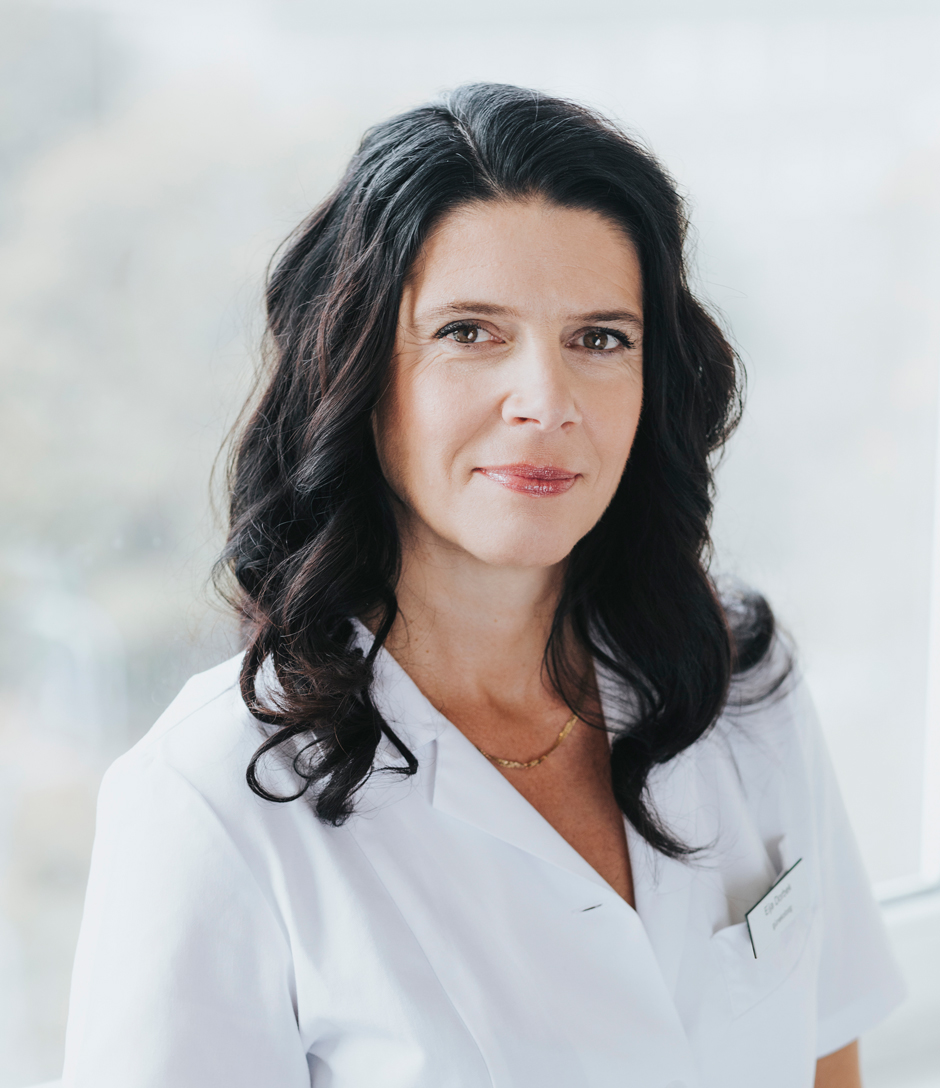At the Next Fertility Nordic biobank, women and men can freeze and store their gametes.
Why should you freeze your eggs or sperm?
- Medical: recommended before chemotherapy or radiation therapy, in the case of certain gynaecological diseases. Freezing of eggs for medical purposes is coordinated with the treating physician;
- Social: postponement of family planning, predisposition to declining egg reserves, lack of a suitable partner, desire to have biological offspring at a later age;
- Ethical: the desire to freeze and preserve gametes rather than embryos.
Frozen gametes and embryos are stored in cryopreservation tanks. The tanks are filled with liquid nitrogen and monitored to maintain a stable temperature of -196°C. Next Fertility Nordic has successful and lengthy experience of storing gametes and embryos.
Freezing of eggs
The main factor influencing a woman’s fertility is her age. As the number and quality of eggs begin to decline in the early 30s and decrease significantly after the age of 35, it is recommended that the eggs be frozen beforehand.
Since no eggs are created during life, it is important to understand that a woman’s lifestyle and the surrounding environment have a significant impact on the quality of eggs.
We recommend 2-3 egg-freezing cycles.
What does the process of freezing the eggs involve?
Liquid nitrogen is used to freeze the eggs at a sufficiently low and uniform temperature. This ensures good conditions for freezing and thawing the eggs.
- At the gynaecologist appointment, the necessary examinations and analyses are performed beforehand. If freezing of the eggs is not contraindicated for the woman, an individual treatment plan will be established.
- The process of freezing the eggs is preceded by ovarian stimulation, during which an average of 10–15 eggs mature. Ovarian stimulation usually lasts for 2 weeks, during which time you should see a gynaecologist 2–3 times to check the preparation of the ovaries by ultrasound.
- The eggs are removed in a short (10–15 min) procedure using mild anaesthesia.
- The eggs are examined in a laboratory and then frozen. Currently, a fast and efficient vitrification method is used to freeze the eggs, which ensures good cell viability after thawing.
- Next Fertility Nordic embryologists have extensive experience of freezing eggs, thus more than 95% of eggs are usually retained after thawing.
When and how can the preserved eggs be used?
If it is not possible to have a child naturally at a later age, it is possible to use previously frozen eggs and fertilise them in vitro (IVF). Freezing eggs does not guarantee the birth of a child, but the use of eggs frozen at a young age in later infertility treatment significantly increases the success of the treatment and the probability of the birth of a healthy child. Women over the age of 43 usually need donor eggs to have a baby. If a woman has previously had her eggs frozen, she will be able to use her own eggs and have her own biological offspring.
Freezing of sperm
Men are advised to freeze and store sperm in our biobank to maintain fertility. Next Fertility Nordic biobank ensures stable conditions for this. First, we recommend a basic test to receive information about their fertility.
In which cases should men consider freezing sperm?
- In the absence of a suitable partner, with a desire to have a child after the age of 40
- Before chemotherapy or radiation treatment
- Before certain surgeries, medical procedures (e.g vasectomy)
- If their workspace is hazardous or they are deployed in the military
What affects the quality of sperm?
Sperm quality can be negatively affected by tobacco, certain medications, excessive alcohol and coffee consumption, obesity, hazardous substances in the environment, and stress. In addition, men are advised to avoid seat heating in cars, taking hot baths, resting laptops on their lap, and carrying a mobile phone in their trouser pocket. Sperm have a 3-month development cycle, thus a man’s healthy lifestyle can help improve the results of the spermogram.

Dr Ailen Aluri

Dr Eija Dorbek

